16 Parenting Traditions From Other Cultures That Might Surprise You
Parenting doesn’t come with a universal rulebook, but it does come with a passport full of surprises. Around the world, parents raise kids in ways that might seem unusual to outsiders but are deeply rooted in cultural values and generations of lived experience.
These varying global parenting practices reveal how differently families nurture independence and closeness. Let’s check out a few traditions that might shift your thinking about parenting.
Babies Nap Outdoors in Scandinavia
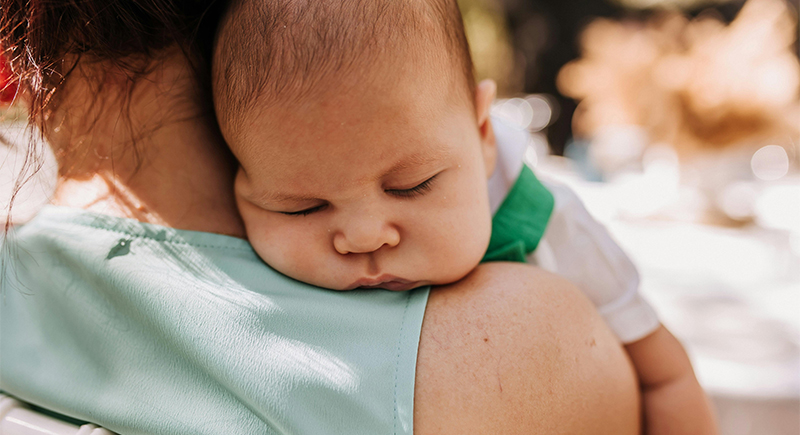
Credit: pexels
In Finland and Denmark, parents regularly park strollers outside while babies nap, even in freezing weather. This behavior isn’t considered risky but a trusted tradition. Parents believe fresh air helps babies sleep longer and stay healthy, and surprisingly, many studies agree.
Kids Ride the Train Alone in Japan
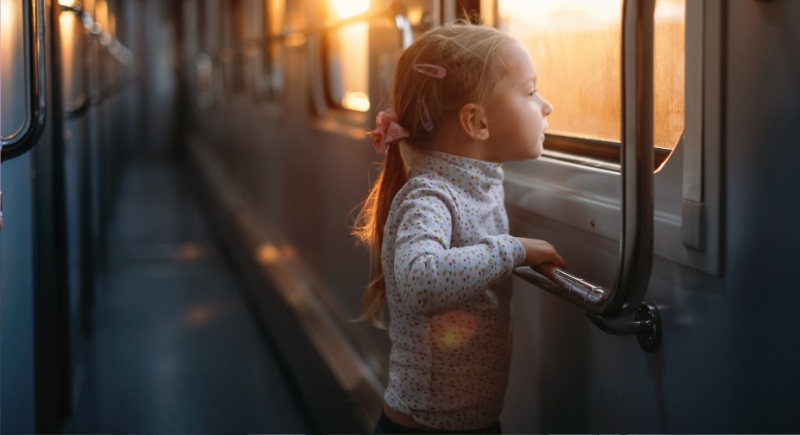
Credit: Canva
In Japan, you’ll often spot young kids riding trains or walking to school without an adult. While it may sound risky, it’s part of a bigger picture. Japan’s public transport is safe and reliable. Children learn responsibility early as schools also play a role in teaching safety. The system trusts kids, and they rise to it.
Everyone Parents Together in African Communities
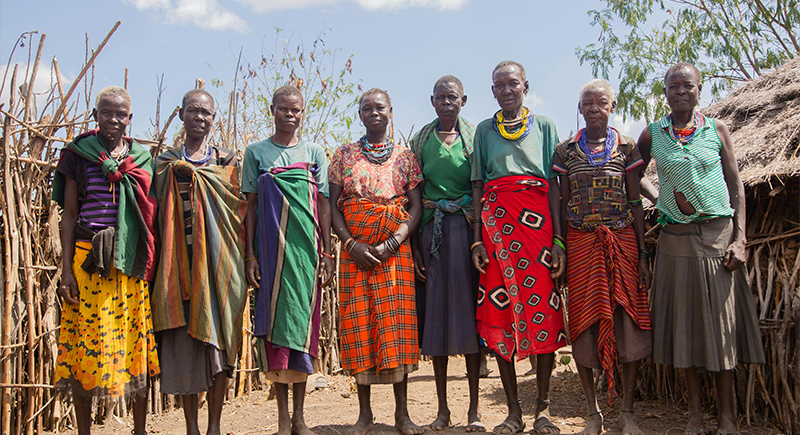
Credit: pexels
In most African cultures, parenting isn’t a solo act. It’s a community effort where aunties, uncles, neighbors, and older siblings all play a role. This shared care system—called alloparenting—gives kids constant support. They grow up with more guidance, more love, and a stronger sense of belonging from the start.
Family Duty Comes First in China
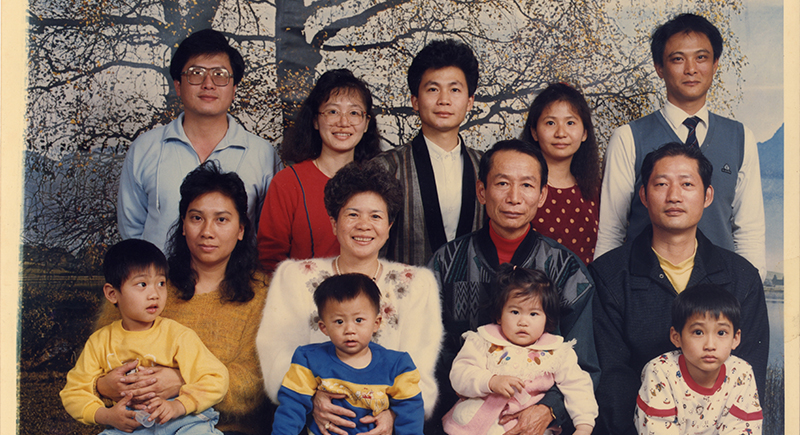
Credit: Wikimedia Ccmmons
In Chinese homes, children grow up learning to put family first. This is rooted in filial piety, which means respecting and caring for parents and elders. It shapes how kids think about life, from career choices to who they bring home for dinner.
Kids Learn by Doing in Polynesia
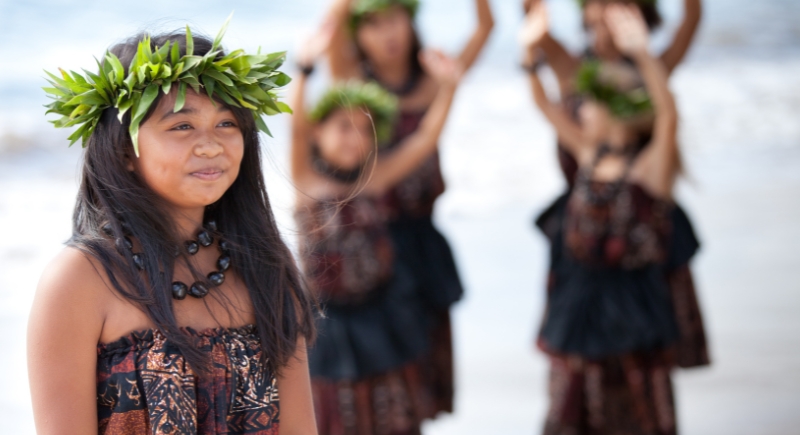
Credit: Getty Images
Polynesians believe that kids learn by watching and doing rather than being micro-managed by parents. They help with chores, care for siblings, and figure things out on their own. The whole idea is to build trust and a sense of responsibility. Children build independence early and develop a deep sense of confidence in everyday life.
Co-Sleeping Builds Security in Guatemala
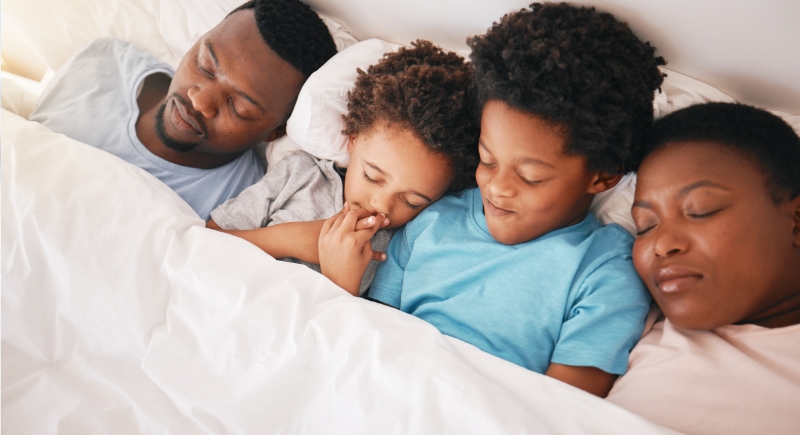
Credit: Canva
In many Mayan families, kids sleep in the same bed as their parents. Apart from being convenient, it is also considered essential for emotional bonding. The closeness builds trust and a strong sense of security. For many families, this continues well beyond babyhood, and it’s deeply valued.
New Moms Get Real Help in Nigeria
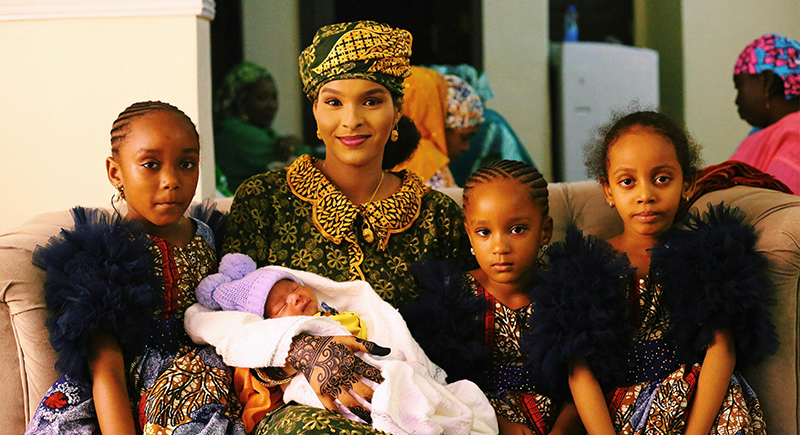
Credit: pexels
Among the Igbo people in Nigeria, a new mom never goes it alone. After birth, her mother or mother-in-law moves in to help. This tradition, called Ọmụgwọ, gives the mom time to heal. She rests and bonds with the baby. It’s practical loving, and everyone benefits from it.
School Can Wait in Finland
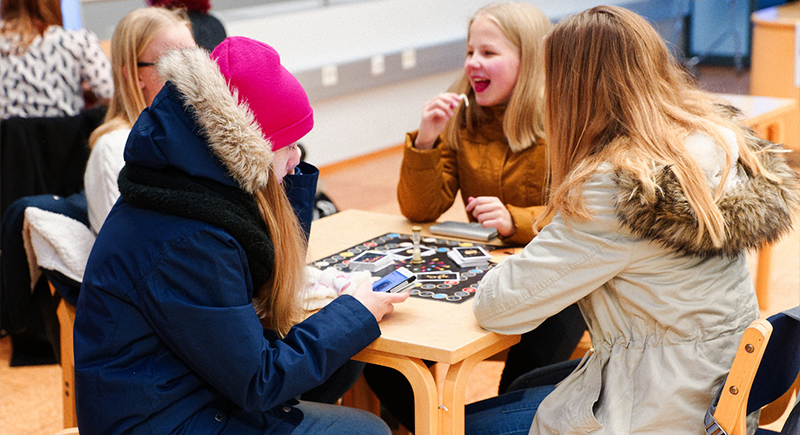
Credit: Wikimedia Ccmmons
Finnish kids don’t start formal school until age seven. Early childhood focuses on play, social skills, and outdoor time. Teachers avoid testing and pressure. Studies show this slower start leads to better long-term learning, higher literacy rates, and happier students.
Scrapes Are Welcome in Australia
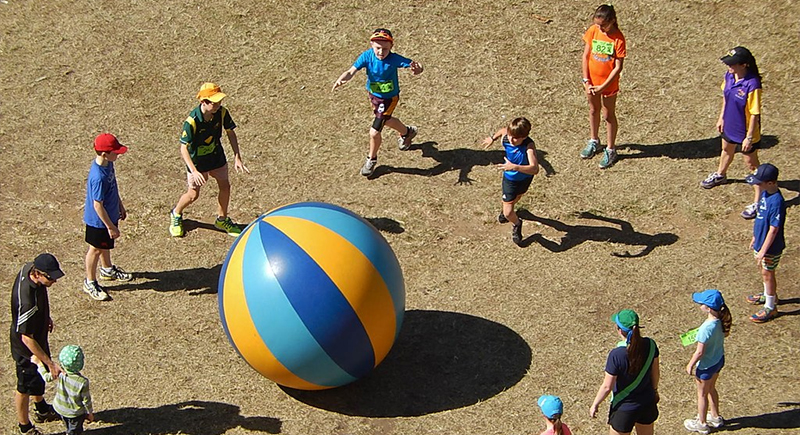
Credit: flickr
Australian parents often let their kids take real risks—climb trees, explore bush trails, or build things that might fall apart. They see risk as part of growing up. It helps kids handle failure, solve problems, and stay active.
Potty Training Starts Early in China
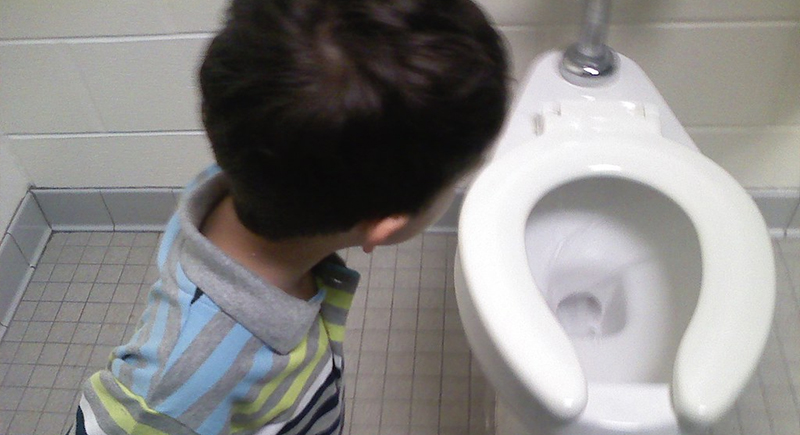
Credit: flickr
Chinese tradition encourages skipping diapers for toddlers. Instead, they wear open-crotch pants and learn to go early—sometimes before age two. Parents use verbal cues and timing to train early as it saves money, cuts waste, and teaches kids body awareness fast.
Respect Starts Young in Korea
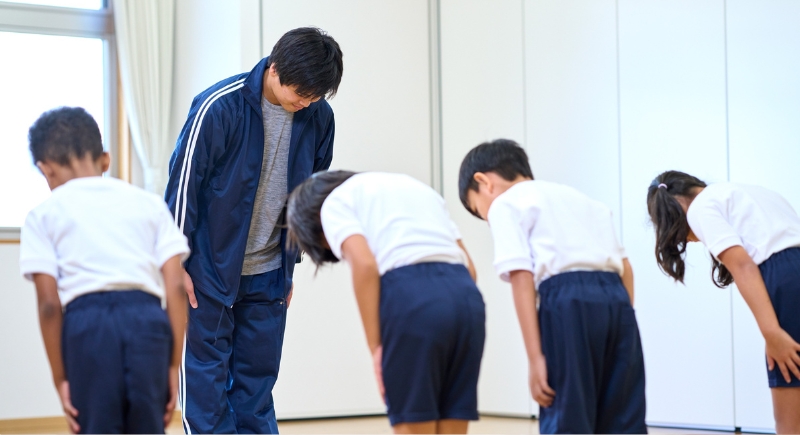
Credit: Canva
Korean kids learn to show respect from the start. They speak to elders using special honorifics and follow strict social rules at home and school. It’s part of Confucian tradition. This early focus on hierarchy and manners helps shape polite, disciplined adults who value family and community.
Babies Stay Close in Kenya
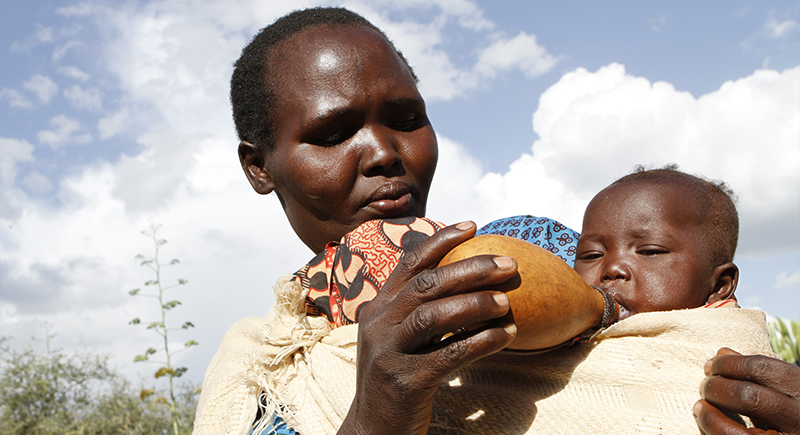
Credit: Wikimedia Ccmmons
In Kenya, especially among the Kikuyu, moms carry their babies everywhere in slings tied to their backs. This keeps the baby calm and close and lets the mom keep moving. Babies stay connected to their caregivers throughout the day while building a sense of safety and trust.
Daily Massages for Babies in India
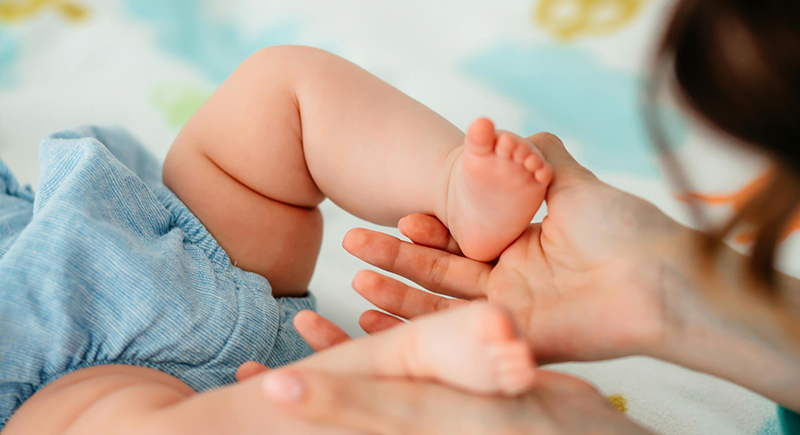
Credit: pexels
Baby massage is a daily ritual in many Indian households. Mothers or grandmothers use oils like mustard or coconut and gently work them into the baby’s skin. The massage strengthens muscles, improves sleep, and builds connection. It’s a calming and intimate tradition that many families pass down through generations.
Play Comes First in New Zealand
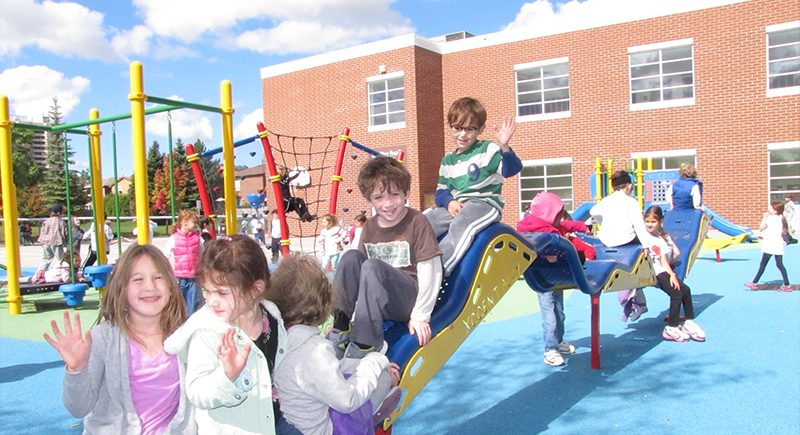
Credit: Wikimedia Ccmmons
Many early education centers in New Zealand follow a play-based model called “Te Whāriki.” It’s rooted in Māori values and focuses on emotional, social, and cultural development before academics. Kids learn through exploration and creativity. The goal is to curate confident, curious learners who feel connected to their roots and community.
No Kid Menus in France
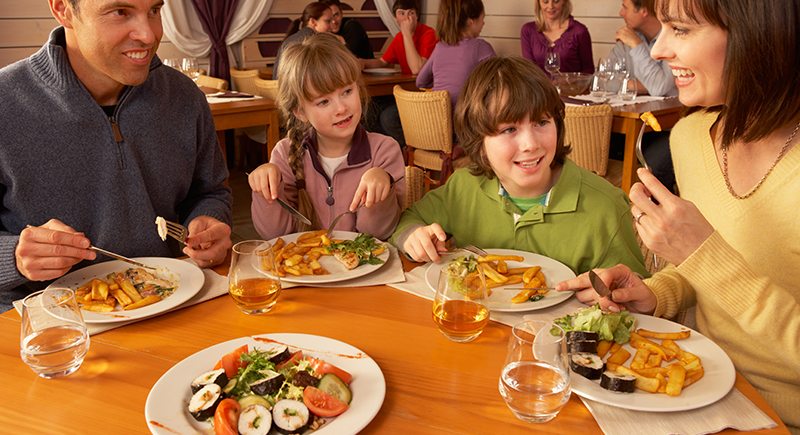
Credit: iStockphoto
In France, children are expected to eat what the adults eat. Some Restaurants don’t offer separate kid menus, and picky options like chicken nuggets are not the norm. From a young age, kids sit through multi-course meals and try everything from vegetables to cheese. Mealtime is about patience, conversation, and learning to appreciate real food.
Late Bedtimes in Argentina

Credit: Getty Images
In Argentina, bedtime can stretch much later than many American parents would allow. Families often eat dinner around 9:00 p.m., and children are right there at the table. It is normal to see kids out at restaurants close to midnight. The rhythm revolves around family time, not an early clock.